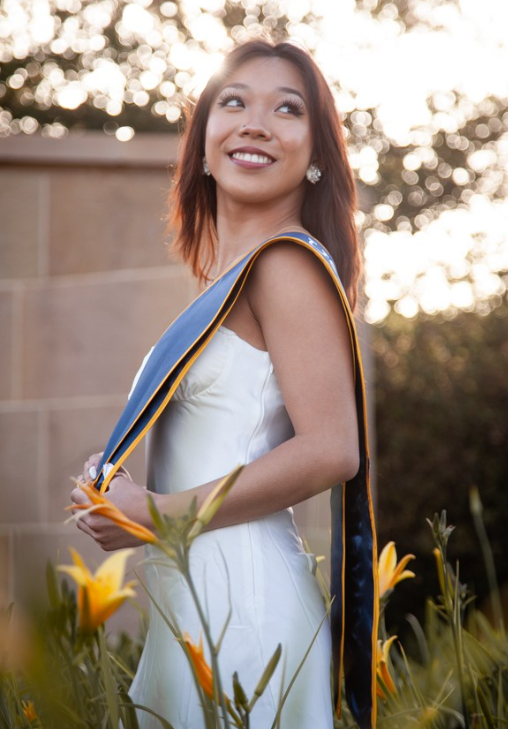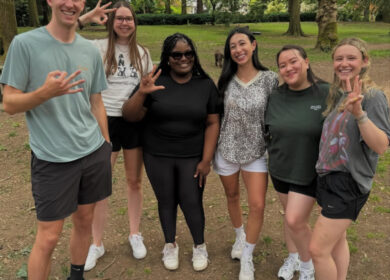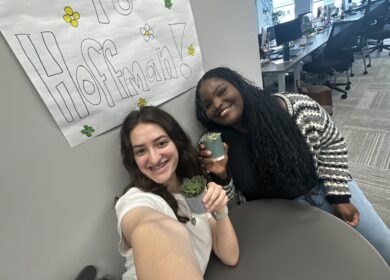In kindergarten, we learn that 1 + 1 = 2. Simple. Logical. Unquestionable.
From a young age, math clicked for me. Numbers made sense in a way the world often did not. I saw life as a series of equations: leaving early + preparation = arriving on time; studying + completing assignments = good grades; effort + consistency = success. My world was structured and predictable, and I felt comfortable.
When I declared economics as my undergraduate major, I felt right at home. Supply and demand curves, game theory, and optimization problems all fell within my comfort zone of expected outcomes. Everything seemed to add up. Then came my general education requirements.

It was a writing class that challenged my perception.
I had taken writing classes before, but this course’s material was different from the basic literary analysis and five-paragraph essays I was used to. The first rubric was vague and open ended. The possibilities felt limitless, and I had no idea where to begin. I approached the assignment like solving an equation: gather sufficient evidence, plug into the MLA template and the result should work itself out.
Then I got the paper back. There it was: a big glaring “C.” Determined to defend my work, I went straight to the professor, but she said something that caught me off guard: “You don’t lack evidence, Maiya. You lack connection. An argument will never be compelling without a human touch.”
That moment changed everything. Over the next few years, I immersed myself in storytelling, taking writing courses that forced me to unlearn and relearn everything I thought I knew. I wrote blogs, listicles, news articles and creative narratives. I learned about thought leadership, emotive writing, video editing and building cohesive brand style guides. My work was messy and subjective, but every project left me with a feeling no economics class ever did: pride.
Writing became my escape from the routine of my day-to-day life. There were no rules, no equations — just creativity, strategy and connection. I absolutely loved it.
Fast-forward to postgraduation; the daunting reality of job hunting hit me. I applied to finance and analyst roles because it seemed like the next logical step, but I was left feeling disconnected and unsatisfied. One night while I was aimlessly scrolling through Reddit, I stumbled across tech public relations. Intrigued, I dove deeper. PR was a career where I could write, strategize and work with transformative companies. It was uncharted territory for me, but it felt purposeful.
In my deep search of PR agencies in the Bay Area, I finally clicked on The Hoffman Agency. Drawn to the tagline “The story is always there,” I decided to apply.
Weeks later, after calls, interviews and more than a few moments of self-doubt, I got the offer. When deciding whether to accept, I thought back to my first call with Tori Quinn. She was bubbly, passionate; in a sea of polished, rehearsed calls from hiring managers, her authenticity stood out. I felt a real connection to Hoffman and decided to take a leap of faith.
Every interaction with the team since has lessened my anxiety and reinforced the sense that I am right where I should be.
There’s no explicit formula for success at Hoffman, and I love that. I’m excited to write, to learn, to face new challenges every day and most of all to embrace this new equation — one without a clear answer but filled with possibilities.

